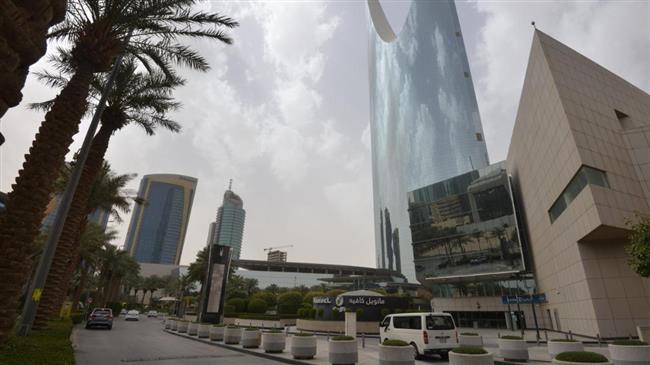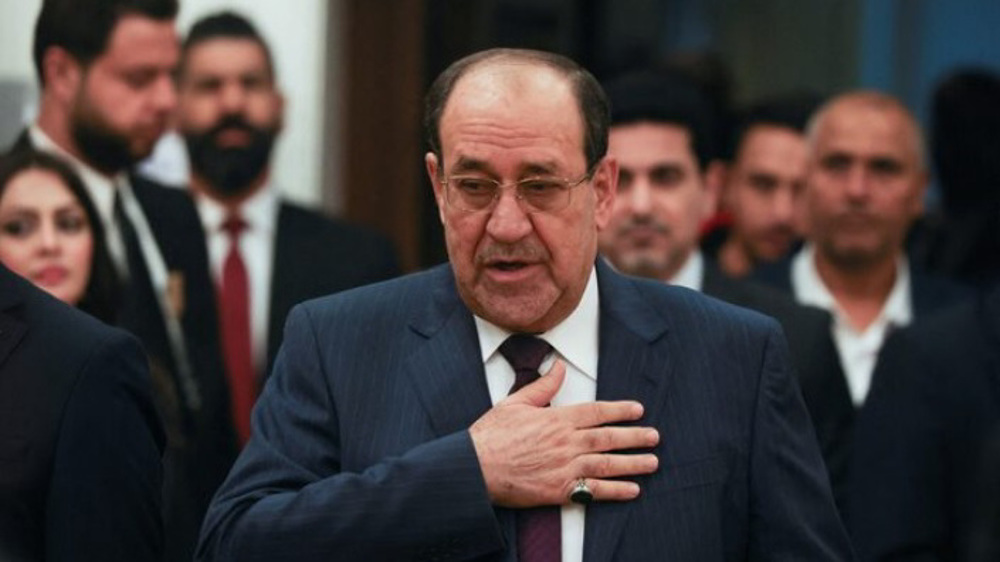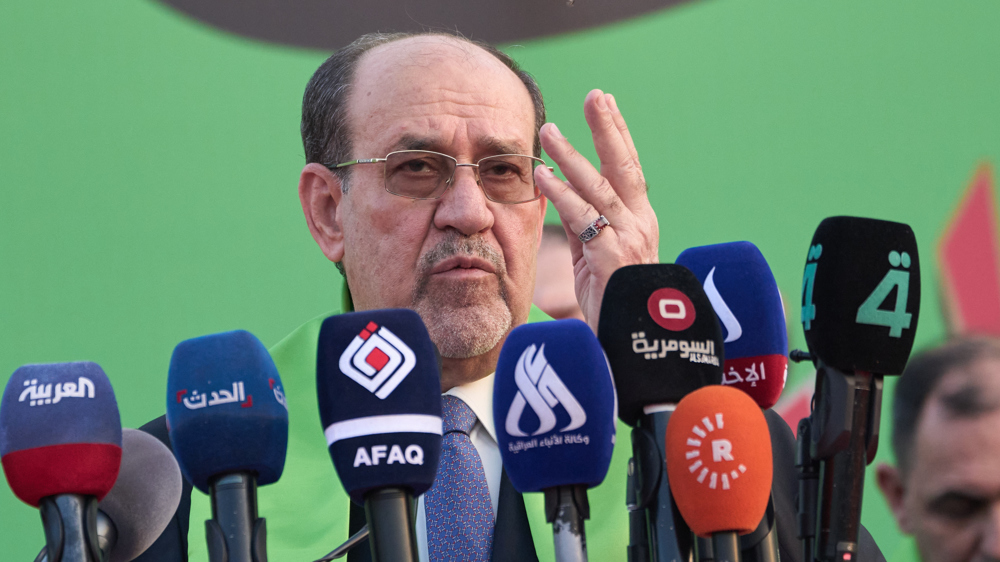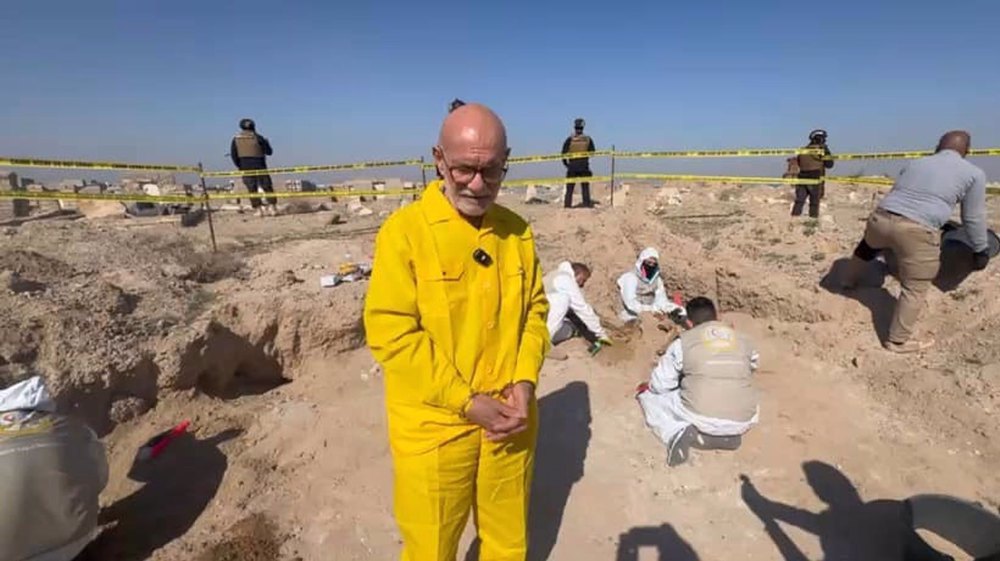Saudi Arabia imposes curfew, UAE halts passenger flights as coronavirus grips Middle East
Saudi Arabia is set to impose a nationwide curfew starting on Monday to fight the deadly coronavirus that hit more people in the kingdom and across the Middle East, while the United Arab Emirates will suspend all passenger flights.
Saudi King Salman ordered an 11-hour curfew from 7 pm to 6 am to contain the spread of the COVID-19, state news agency SPA reported Monday.
The curfew, which will take effect on Monday evening and last for 21 days, it added.
The decree came as Saudi Arabia reported 119 new coronavirus cases, bringing the total number to 511 - the highest among the Persian Gulf Arab states which registered more than 1,700 in total. Bahrain reported a second coronavirus death on Sunday, taking the region's total deaths to four.
On Saturday, Jordan imposed its own nationwide curfew, limiting the mobility of 10 million citizens except for emergencies and essential services.
UAE to suspend all passenger flights
In another measure taken by the region to curb the spread of the virus, the UAE announced on Monday that it will suspend all passenger and transit flights to and from the country for two weeks, subject to review.
Emirati authorities "have decided to suspend all inbound and outbound passenger flights and the transit of airline passengers in the UAE for two weeks as part of the precautionary measures taken to curb the spread of the COVID-19", the state news agency WAM said.
Cargo and emergency evacuation flights will be exempt and the decision will take effect in 48 hours.
It came after the Dubai-based airline, Emirates, said it would suspend passenger operations - with the exception of repatriation flights to 13 destination - by March 25.
Oman prevents public gatherings
Amid the coronavirus outbreak, authorities in Oman on Sunday banned public gatherings, limited staffing at state entities and closed currency exchange bureaus.
They also urged the private sector to facilitate remote working and called on commercial businesses and individuals to limit cash transactions, according to state television.
Iraq reports three new deaths, extends curfew in Baghdad
Iraq on Sunday said that three more people have died from the virus, bringing the total deaths in the country to 20.
Also on Sunday, the Iraqi government extended a curfew on travel in and out of Baghdad until March 28. It was imposed on March 17 for a week.
The government also extended a ban on all flights to and from the country's airports until March 28.
Syria confirms first coronavirus case
In neighboring Syria, the first case of the coronavirus, a 20-year-old woman, was reported on Sunday.
Health Minister Nizar al-Yaziji told state media that "necessary measures" had been taken regarding the patient, who he said would be quarantined for 14 days and given medical checks.
President Bashar al Assad issued a prisoner amnesty on Sunday in a bid to control the spread of the coronavirus.
The Syrian government also decided to impose a ban on public transport as it stepped up a lockdown introduced in recent days.
Turkey coronavirus deaths rise to 30
Turkey's Health Minister Fahrettin Koca said death toll from coronavirus jumped by nine to 30 on Sunday as the number of confirmed cases increased by 289 to 1,256.
He noted that a total of 20,345 tests had been conducted.
UN warns of frightening situation in Gaza
Earlier on Sunday, the Palestinian health ministry announced the first two coronavirus cases in the Gaza Strip.
The UN humanitarian coordinator for the occupied Palestinian territory had warned of frightening consequences of coronavirus in Gaza, which has been under an Israeli blockade since June 2007.
Jamie McGoldrick told UN News in an interview published on Saturday that a possible COVID-19 outbreak in Gaza can be terrible due to the Israeli blockade and limited health facilities in the enclave.
The Israeli blockade has caused a decline in the standard of living as well as unprecedented levels of unemployment and unrelenting poverty in the besieged enclave.
Israel installed, managed security system at Barak-Epstein New York flat: Report
Iran deplores Israel’s new land grab scheme in West Bank
VIDEO | Vienna holds conference dubbed 'Iranian-Islamic Civilization, Identity and Historical Splendor'
VIDEO | Press TV's news headlines
Journalist Tucker Carlson says he was detained in occupied territories after interview with US amb.
VIDEO | Is there any hope for Russia-Germany relations?
VIDEO | Israeli land grab policies
Nuclear chief: Israeli infiltration, sabotage drove Iran towards nuclear self-sufficiency











 This makes it easy to access the Press TV website
This makes it easy to access the Press TV website